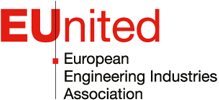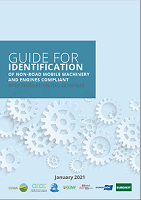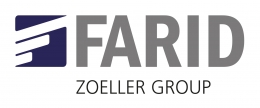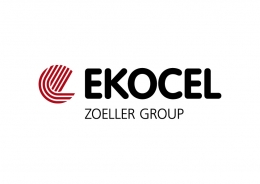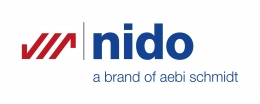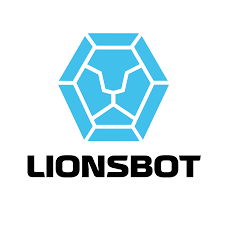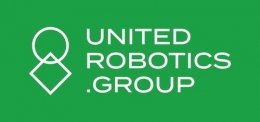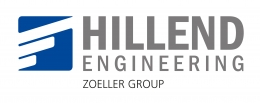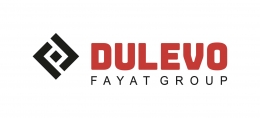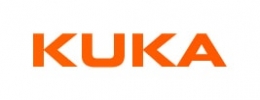
News

June 2019
Impact of Digital Transformation on EU Labour Markets
In May 2018, the European Commission DG CONNECT EMPL announced the creation of the High-Level Expert Group (HLG) on the Impact of the Digital Transformation on EU Labour Markets. The group, composed of representatives from academia, civil society, and industry, has provided advice to the Commission and, as appropriate, other parties. Their work included:
- Analysis of how to shape the transformation and what framework conditions to be put in place to make it smooth and human-centric;
- Identification of the potential social impacts (risks and opportunities) of digitisation, in particular, the large-scale application of artificial intelligence, and the expected job losses and gains;
- Developing responses to the impact digitisation has on skills requirements;
- Exploring viable ways to manage digitisation's impact on labour law and working conditions;
- Identifying ways to use digitisation (in particular artificial intelligence) to make labour markets more inclusive;
- Assessing the impact of digitisation on income distribution and existing inequality and ways to respond to it;
- Defining ways to adapt the social security systems to ensure a high level of social protection for all forms of employment;
- Evaluating mechanisms to adapt the tax and benefit system to ensure that fair contributions are paid and loopholes are avoided e.g. revision of taxation models;
- Breaking down the potential effects of digitisation by industry and sector of the economy.
Final report
The 52-page report of the HLG was adopted by consensus and includes recommendations on:
- a skilled workforce supporting digitalisation;
- managing new labour relations;
- a new social contract.
Summary of recommendations
A skilled workforce – ready to contribute to tomorrow's world of work:
- Enabling digital skills personal learning accounts, allows workers to acquire relevant skills throughout their careers in order to stay relevant in rapidly transforming, digital labour markets. The accounts would belong to the worker and would be portable from job to job. Details such as contributions, number of hours per year, top ups, eligible expenses, withdrawal processes and taxing schemes will be determined later.
- Scaling up career counselling and creating innovative learning environments to enable better career choices and active pursuit of relevant training for all Europeans. Career counselling could be supported through establishing quality training standards and "digital literacy" for career counsellors at the European level. Communities of practice could foster informal group learning at workplace.
- Supporting labour market intermediaries to reduce structural skill gaps especially for women in STEM, workers at risk of automation and the ow-skilled. Intermediaries (such as public employment services, outplacement offices or temporary agencies) would invest in on-the-job training provided they can recoup the training cost from employers who on their turn will benefit from trained workers.
New labour relations – adapting structures to today's realities:
- Preventing occupational safety and health risks like mental health and stress related issues resulting from digitalisation and increased volatility in today's world of work, e.g. through an increased focus on prevention in employee assistance programs and improving uptake by increasing social acceptance through informed discourse and the delivery of personalized, cost-effective solutions enabled by technology.
- Equalizing the (administrative) treatment of standard and non-standard work arrangements e.g. by providing equal access to government services, credit lines and limited mobility of benefits regardless of employment status.
- Reinvigorating social dialogue through intensified and better organized dialogue of workers and social partners especially in the platform economy; e.g. by allowing workers to discuss issues in a bottom up manner in dedicated, moderated online spaces (Social Worknets) , and actively inviting both unions and employers as well as platform operators to participate in an ongoing exchange for improved collective outcomes (Social Digilogue).
A new social contract – upgrading the social fabric of our labour markets:
- Ensuring neutral social protection against unemployment, sickness and other life circumstances independent of employment status. The increasing number of Europeans with non-standard employment should have access to social protection e.g. through portable benefits attached to the worker rather than the job or the establishment of an "underemployment insurance" to smooth out fluctuating incomes in the gig economy.
- Creating a Digital Single Window for employment contributions and taxes for self-employed working on online platforms for multiple and rapidly changing employers. Through a digital interface, automated reports from platform companies would allow collecting earnings data in a standardized digital format to reduce the cost of compliance.
- Redistributing the value of digital ownership, e.g. through treating data as either capital, labour or intellectual property. To the extent that workers’ and consumers’ data are used to increase the firm’s value, this should be recognised and compensated accordingly.
Quicklinks
EUnited AISBL- European Engineering Industries Association,
Industrious Brussels EU District, Avenue des Arts 6-9, 1210 Brussels, Belgium, +32 490 57 57 65
Transparency Register number: 0289344948-82
Industrious Brussels EU District, Avenue des Arts 6-9, 1210 Brussels, Belgium, +32 490 57 57 65
Transparency Register number: 0289344948-82
© 2025 Eunited aisbl, Bruxelles
